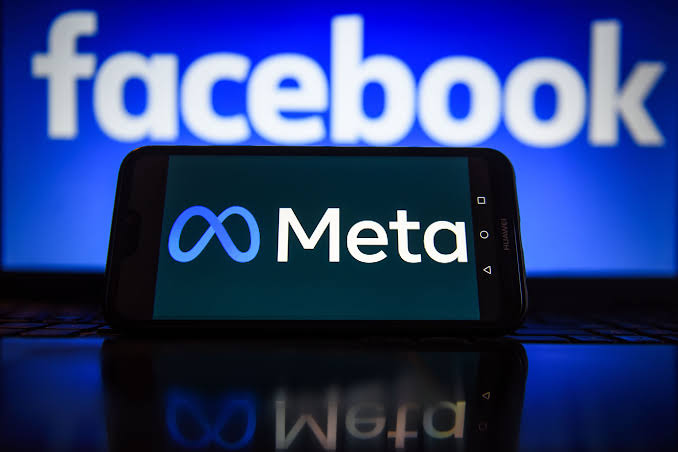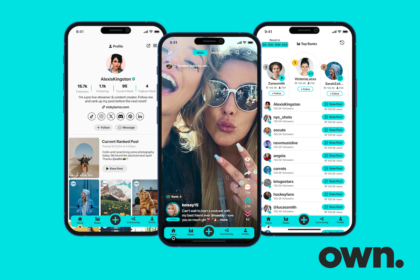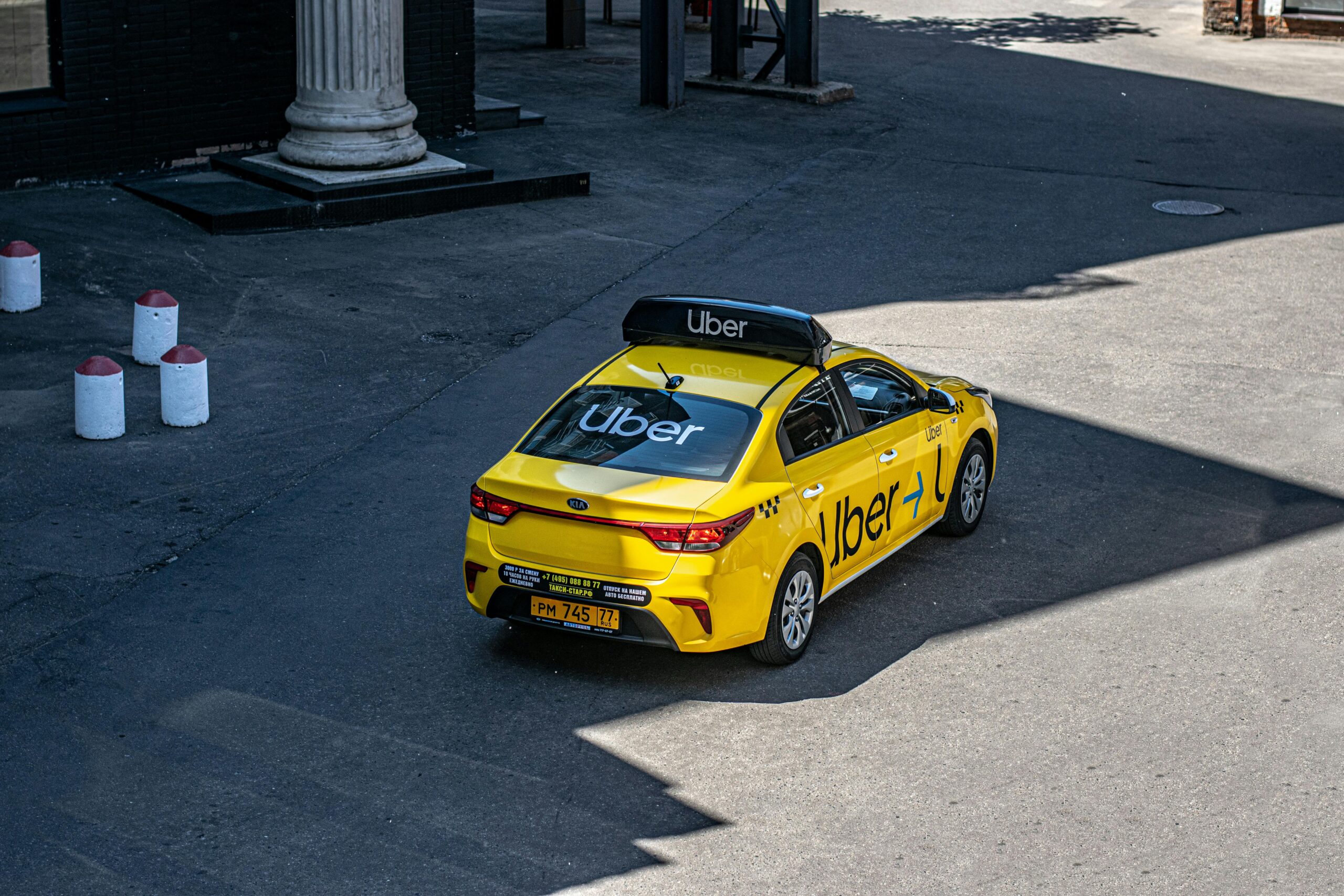If your Facebook content strategy is reposting other people’s work… You might want to sit down for this. Meta announced this week that it is officially cracking down on “unoriginal” content, essentially accounts that copy/paste someone else’s videos, captions, or memes, as if it were 2012. The company states that it has already deleted 10 million impersonator accounts this year alone, most of which were pretending to be prominent creators, and they are not stopping there.
Another 500,000 accounts got dinged for spammy behavior and fake engagement. What kind of punishment are we talking about? Shadowbanning, reduced visibility, no monetization, and having your comments pushed way down the feed. Facebook wants to ensure that the real creators receive the love and the views. This new move echoes a similar update from YouTube, which recently clarified its own rules around mass-produced, AI-spammy, rinse-and-repeat content. So yes, the copy-paste era is getting phased out across platforms.
What counts as “unoriginal”?
Now, to be clear: Meta is not coming for your reaction videos, stitch-style takes, or trend re-creations. Remixing content with your spin? Still cool. What they are targeting is stuff like:
- Accounts reposting the same viral clip with a new caption and watermark
- Pages stitching together stock clips or AI images with a robotic voiceover
- Spammy videos made using AI tools that say a lot… without really saying anything
This surge in low-effort, high-volume content, often made with generative AI, is what the internet now lovingly calls “AI slop.” You have seen it: slideshows of unrelated images, AI narration reading Reddit threads, or 3-minute “news” recaps made from scraps of the internet. Meta hasn’t said the word “slop” officially, but their latest post makes it pretty clear: if it is lazy, low-value, or stitched together just for reach, it is going to get buried.
Related: Apple is Dropping $500 Million to Build a U.S. Magnet Supply Chain
What happens to these accounts?
- Reduced reach (your posts won’t travel)
- No monetization access
- Demoted comments
- Posts flagged for duplicate content
- And eventually, potential removal if it keeps happening
Meta is even testing a new feature that adds links on duplicate videos, pointing viewers to the original creator. That is one way to make sure credit gets where it is due. A digital way of saying “nah, this isn’t yours.”
If you are worried that you are being punished unfairly, Meta says you can now check post-level insights in the Professional Dashboard. There are warning flags on your profile’s Support Home screen if you are at risk of losing recommendations or monetization. It seems like we are finally getting quality over quantity. Meta also dropped some tips in its update that are just thinly veiled warnings: Do not just throw captions over someone else’s video. Do not upload from another app without edits. And maybe, just maybe, do not rely solely on AI to write and narrate your next Facebook post.
All of this comes as the platform is still being dragged for over-automating account moderation and ghosting creators when they are wrongfully banned. A petition with 30,000+ signatures is still floating around asking Meta to hire more real humans to fix this mess. No response yet. Speaking of humans: Meta also quietly walked back its role in fact-checking, now leaning on a Community Notes-style system (like X) that lets users decide what is real and what is not. So yeah, things are shifting fast, but one thing is clear: if you are creating with originality and intent, you are safe. But if you are churning out algorithm bait with AI tools and stolen clips, the algorithm might start ignoring you back.
If the future of content is AI-powered, Meta is drawing a line: create with purpose, or prepare to disappear.







